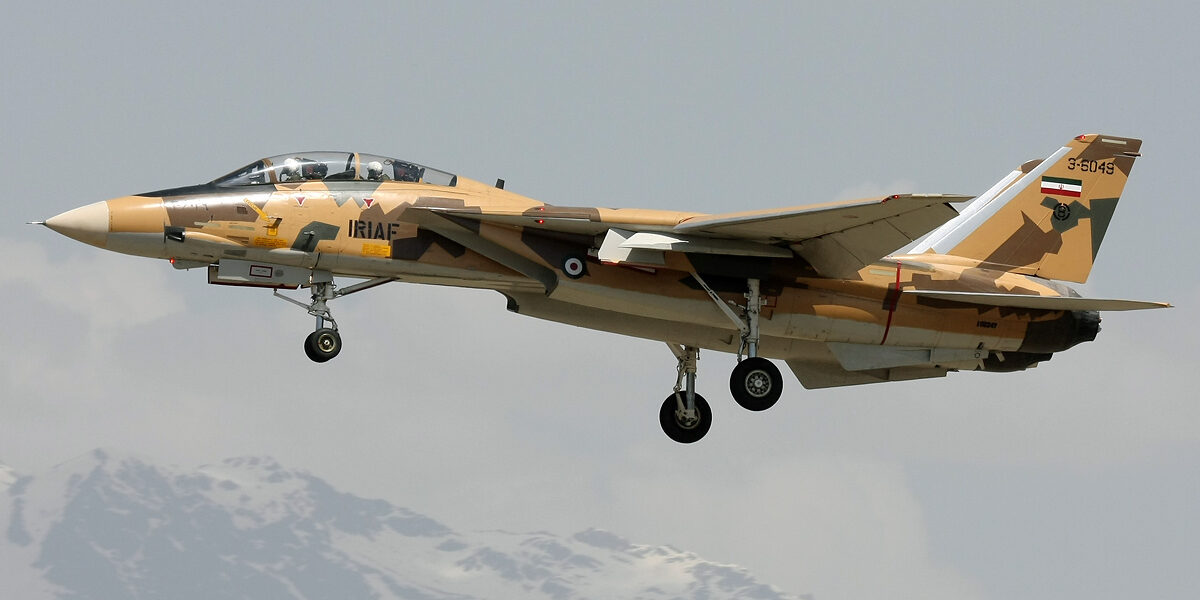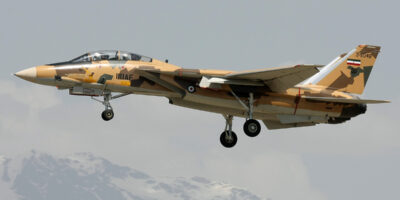Collins Avionics: A Complete Overview
Collins Avionics: What You Should Know
Aviation tech has gotten complicated with all the mergers, acquisitions, and brand names flying around. If you’ve spent any time around cockpits or avionics shops, you’ve almost certainly heard the name Collins. But what exactly is Collins Avionics today, and why does it matter? I got curious about this after touring a regional airline’s maintenance facility and seeing Collins equipment everywhere I looked. So I dug in.

History and Background
The story starts in 1933 with a guy named Arthur Collins, who founded the Collins Radio Company. Initially, the focus was shortwave radio equipment — this was the 1930s, after all. But the company quickly pivoted toward aviation, and by World War II, Collins radios had earned a reputation for being rock-solid reliable when it mattered most.
Fast forward a few decades: in 1973, Rockwell International acquired Collins Radio, and “Rockwell Collins” became the name people knew. Then in 2018, another big move — Rockwell Collins was acquired by United Technologies and merged with UTC Aerospace Systems. The result? Collins Aerospace, which is what it’s called today. It’s one of those companies that’s been around in some form for nearly a century, just under different names.
Key Products and Technologies
Communication Systems
Probably should have led with this, since communication is where Collins built its reputation. Their VHF-2100 is a workhorse — it’s the VHF comm system you’ll find in a ton of cockpits, designed to keep voice communication between pilots and ATC clear and uninterrupted. For long-haul flights over oceans and remote areas where VHF doesn’t reach, the HF-9000 handles long-range communication. These aren’t flashy products, but they’re the kind of thing that absolutely has to work every single time.
Flight Management Systems (FMS)
The FMS-3000 is one of Collins’ standout flight management systems. It pulls together navigation data, performance calculations, and aircraft operational info so pilots can optimize their flight paths, manage fuel burn, and keep everything running efficiently. Then there’s the Pro Line Fusion — that’s their flagship avionics suite that bundles navigation, communication, and surveillance into one integrated package. If you’ve been in a modern business jet cockpit, there’s a decent chance you’ve seen Pro Line Fusion screens.
Navigation Systems
Collins makes some seriously capable navigation gear. Their MultiScan Threat Detection System is one of the most advanced weather radars out there — it gives pilots real-time weather data so they can route around bad stuff instead of flying through it. The GLU-2100 Multi-Mode Receiver combines GPS, SBAS, and GLS capabilities for precise positioning. That’s what makes Collins navigation endearing to pilots — it just works, consistently, across different conditions and environments.
Autopilot Systems
The Pro Line 21 Advanced is a leading autopilot system in their lineup. It handles auto-throttle, altitude hold, trajectory management — basically automating a lot of the routine flight control tasks that used to eat up pilot attention. Less workload on the crew means more capacity for decision-making when it counts. These systems are known for being precise and dependable, which is exactly what you want from something flying the airplane.
Innovations and Contributions
Collins has been responsible for some genuine firsts in aviation technology. They were early pioneers of Doppler weather radar, which was a game-changer for flight safety. They also developed some of the first Head-Up Display (HUD) systems — projecting flight data onto the windshield so pilots don’t have to look down at instruments during critical phases of flight. That’s a bigger deal than it might sound.
More recently, their Next Generation Flight Management System (NGFMS) integrates advanced navigation and performance management in ways that make flight operations noticeably more efficient. They’re also doing work on systems for unmanned aerial vehicles, which is a growing market that shows no signs of slowing down.
Training and Support
Modern avionics are sophisticated, and Collins doesn’t just sell equipment and wave goodbye. They run training programs — both in-person and digital — to make sure pilots and technicians can actually use and maintain what they’ve bought. They’ve also built out a global network of service centers, so when something needs attention, help isn’t far away. For airlines and operators, that support infrastructure matters almost as much as the equipment itself.
Environmental Considerations
Collins has been working on making their systems more environmentally friendly, which mostly means optimizing fuel efficiency. When avionics help pilots fly more efficient routes, burn less fuel, and reduce unnecessary power usage, the environmental impact adds up across thousands of flights. Their manufacturing processes also follow strict environmental standards to minimize waste and energy consumption.
Market Presence and Partnerships
You don’t get to be as big as Collins Aerospace without some serious partnerships. They work with Boeing, Airbus, Bombardier, and pretty much every other major airframe manufacturer you can think of. Their systems fly on commercial airliners, private jets, military aircraft, and helicopters. When that many manufacturers choose your equipment, it says something about the quality and reliability.
Challenges and Future Directions
Like everyone else in aviation tech, Collins faces the challenge of keeping up with rapid technological change. AI and machine learning are starting to show up in avionics, and the push toward sustainability means developing greener technologies. There’s also the question of how aviation tech adapts for urban air mobility — think flying taxis and delivery drones — and even space exploration.
Collins seems to be betting on continued R&D investment to stay ahead of these trends. Given their track record of adapting through nearly a century of changes in aviation, they’re probably in a decent position to figure it out. The company that started with shortwave radios in 1933 is now working on the future of flight, and that’s a pretty interesting arc.



